- Casino
- By State
- Alabama
- Alaska
- Arizona
- Arkansas
- California
- Colorado
- Connecticut
- Delaware
- Georgia
- Florida
- Hawaii
- Idaho
- Illinois
- Indiana
- Iowa
- Kansas
- Kentucky
- Louisiana
- Maine
- Massachusetts
- Maryland
- Michigan
- Minnesota
- Mississippi
- Missouri
- Montana
- Nebraska
- Nevada
- New Hampshire
- New Jersey
- New Mexico
- New York
- North Carolina
- North Dakota
- Ohio
- Oklahoma
- Oregon
- Pennsylvania
- Rhode Island
- South Carolina
- South Dakota
- Tennessee
- Texas
- Utah
- Vermont
- Virginia
- Washington
- West Virginia
- Wisconsin
- Wyoming
- By State
- Slots
- Poker
- Sports
- Esports
Casino Health Measures and Smoke Ban Are Good for Business

Tribal gaming operators enforcing smoke bans may soon pull ahead financially in the COVID-19 fallout, branding themselves as more health-oriented casinos.
Tribal Casinos Snuff Out Smoking on the Casino Floor
Ushering in a slew of health and safety measures in casinos may have seemedwhile counter-intuitive, but business is finally waking up to the realization that it might actually be better for the bottom line. This is what Clinton Isham, a tribal gaming consultant for the American Nonsmokers’ Rights Foundation believes is happening right now.
Specifically, the ban on smoking may have inadvertently turned casinos into a great destination for Baby Boomers and Millennials who are the least smoking generations in the United States to date. Put another way, Isham argued, that is what customers want and expect.
Speaking at the National Indian Gaming Association “New Normal” Webinar, Isham addressed the issues casinos were facing and how the urgent necessity to adapt could actually be an opportunity to push business forward. The webinar was attended by a number of tribal gaming executives, including Rodney Butler, Mashantucket Pequot Tribal National chairman and NIGA executive director, Jason Giles.
All panelists agreed that the tribes’ decision to reopen their casinos without reintroducing smoking has affected their reputation and commercial operations positively, allowing them to reopen ahead of most commercial properties in the country.
Comparing numbers prior and post the COVID-19 lockdown, Isham noted that only five casinos before the lockdown were non-smoking. Now, 150 out of 500 tribal casinos enforced a smoking ban. While the smoking floor posted one win on average more every 30 minutes, the non-smoking policy is expected to stay after the pandemic has been dealt with.
How Good Is a Smoke Ban for Business?
Giles pitched in arguing that finding good employees who were willing to work in a smoking environment were fewer these days, with many Millennials citing second-hand smoke as a genuine health concern.
The only reason why tribal casinos plan on discontinuing the non-smoking policy, though, Giles cautioned, is if patrons fail to turn up directly because of the smoke ban on the casino floor. With revenue in the second quarter dropping 78.8%, tribal and commercial operators have a lot of catching up to do.
However, Isham noted that Rewards Clubs members who played in the smoke-free areas tended to play longer and contribute more to the casinos’ bottom floor, putting a previous notion that smoking customers paid more. Isham also partially dismissed the idea that gamblers would fail to come if a smoke ban were in place:
“People don’t go to casinos to smoke cigarettes. They go there to gamble. So regardless, they’ll always come to the casinos.”
Isham believed that tribal casinos have a lot to offer and they are yet to set policies that will help shape the entire narrative of how to do good business on the casino floor.
He reminded that the ability of tribal casinos to beat commercial counterparts to the punch was because they were willing to enact the necessary health policies at the time while others second-guessed them.
Related Topics:
Mike made his mark on the industry at a young age, consulting for companies that would later become regulators. As one of the lead editor of Gambling News, he dedicates his weekdays to this project, aiming to educate the masses on the latest developments in the gambling circuit. His expertise and passion for the industry make him an invaluable asset to our team.
Must Read
Casino
June 30, 2025
Man Admits to Laundering Cocaine Money Through Casinos
More Articles




Industry
June 24, 2025
Tribal Leaders Push Back Hard Against Kalshi
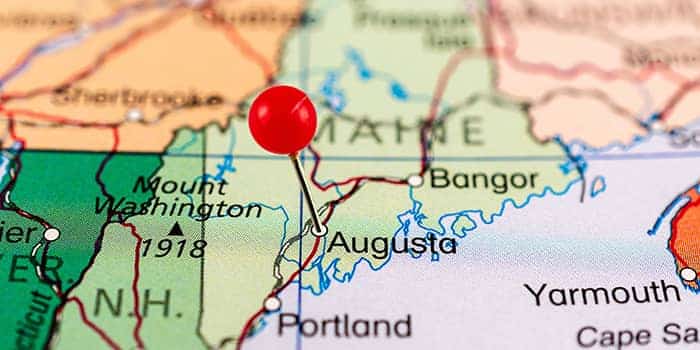
Industry
June 17, 2025
Maine Tribal iGaming Inches Closer to Reality
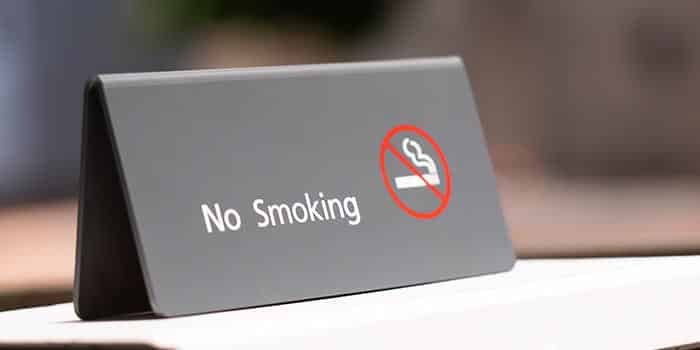
Casino
May 22, 2025
Consumers Are OK With Casinos Going Smoke-Free




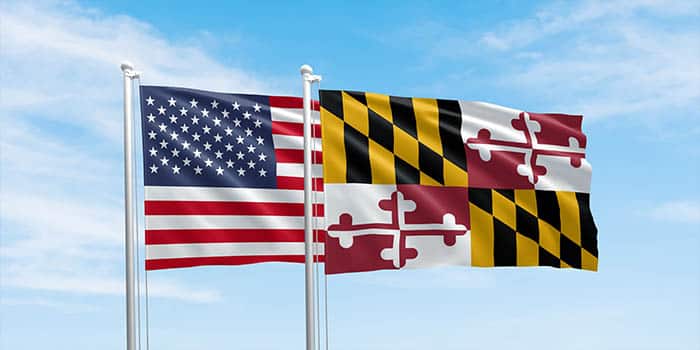
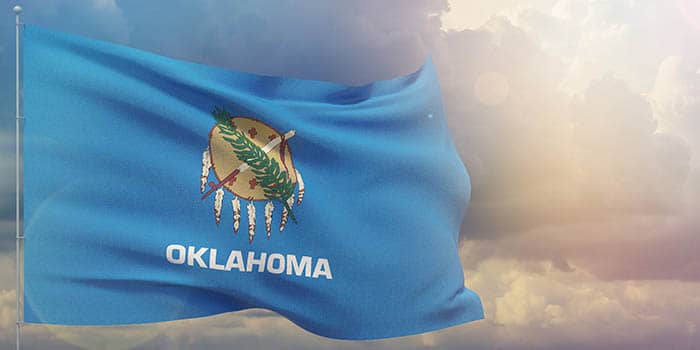
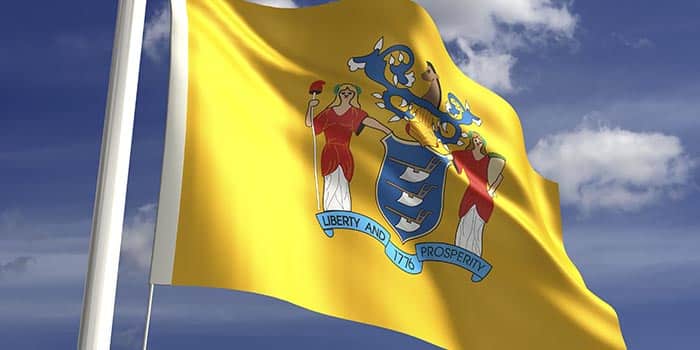
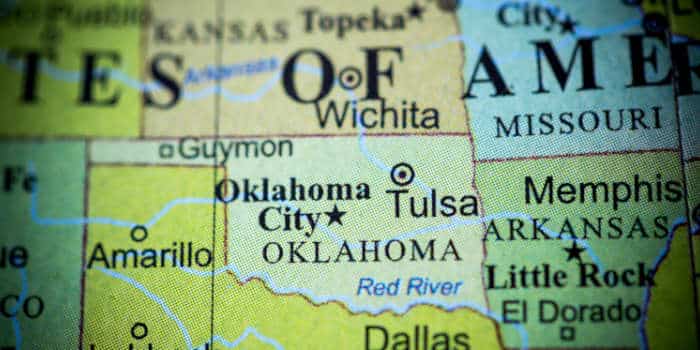
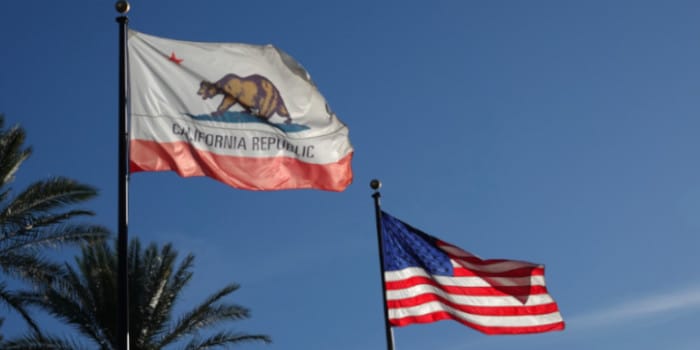
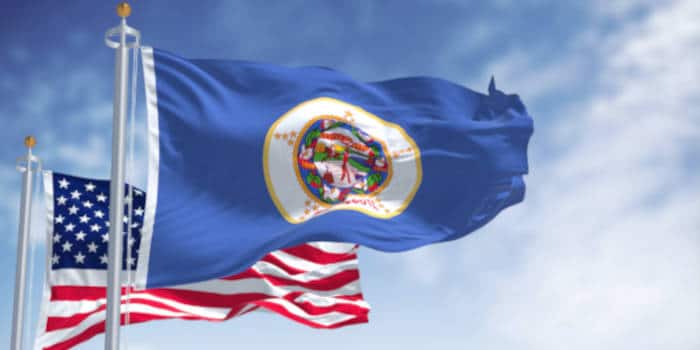


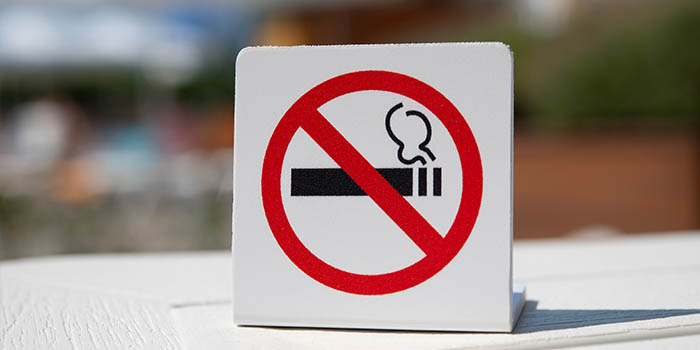
1 Comment
Given the clear statistics of almost every study that has examined them so far (over 20 in all), statistics that point to smokers getting far fewer symptomatic COVID 19 infections than nonsmokers; and given our total lack of settling on an explanation (e.g. nicotine, heightened immune system, increased blood loads of CO or NO, etc), such a ban is not just a bad idea: it’s criminally irresponsible!
Given our lack of understanding of the dynamic at work in creating results like the huge CDC study of 7,000 COVID patients, a study that, at the minimum, should have shown AT LEAST 1,000 of them being smokers but instead discovering that only about 60 of them smoked…
… given that reality and the possibility that somehow part of the mechanism at work might be the wisps of smoke in the air around the smokers, there is no way to know how many more people will suffer COVID infections due to the results of such a ban.
Michael J. McFadden
Philadelphia, PA